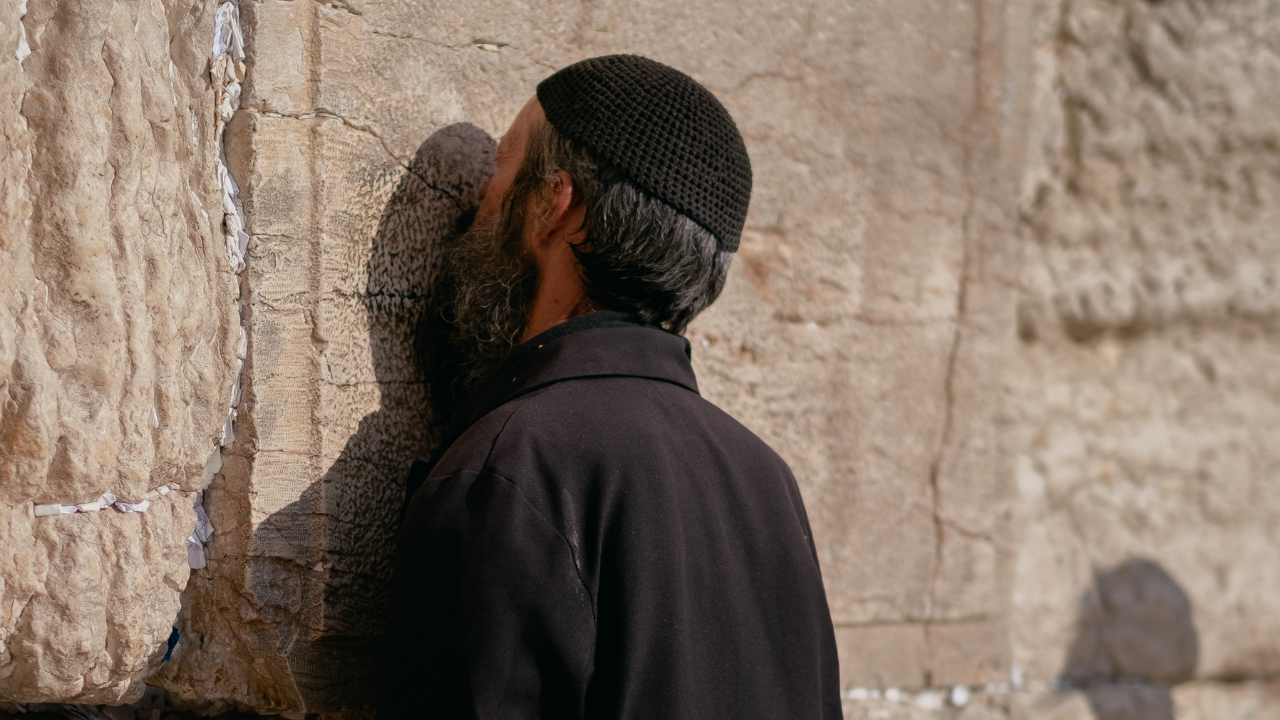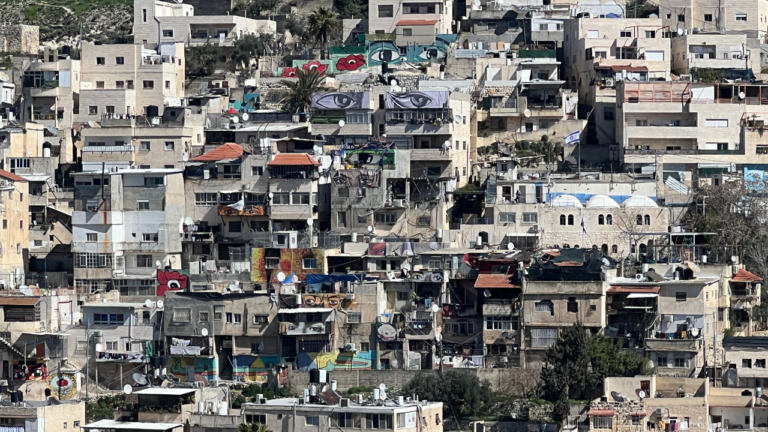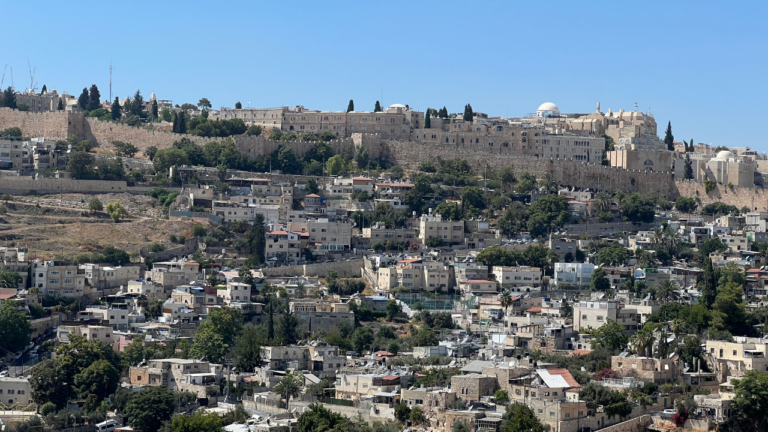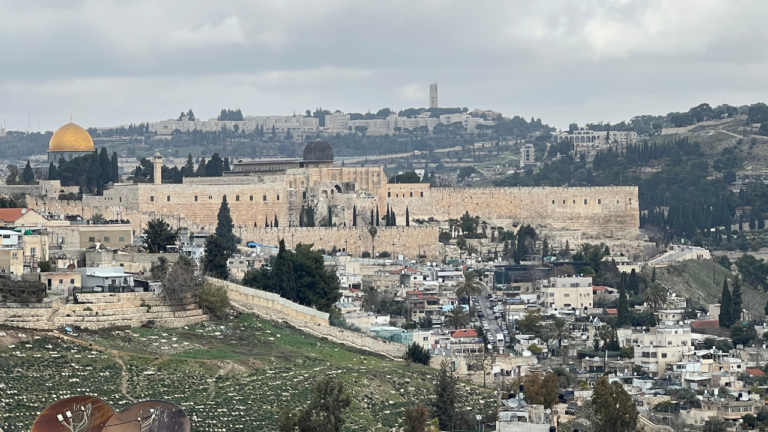The City of Sight
After the Torah teaches us the laws of dividing of the Land of Israel amongst the tribes and families, it reminds us that Moshe himself will not merit to enter the Land. God tells Moshe:
Ascend these heights of Abarim and view the land that I have given to the Jewish people. When you have seen it, you too shall be gathered to your kin, just as your brother Aaron was.
These verses emphasize that even though Moshe was unable to enter the Land due to his sin at Meriva, nonetheless he saw the Land. Why is this significant?
It is interesting that Moshe is not the only one who “sees” the Land. Earlier in history, God tells Avraham:
And God said to Avram, after Lot had parted from him, “Raise your eyes and look out from where you are, to the north and south, to the east and west, for I give all the land that you see to you and your offspring forever.”
Whatever Avraham lays his eyes on will be given to his progeny. It seems that seeing the Land is an important moment.
Rabbi Yaakov Ariel explains that we generally think of sight as a passive sense. Our eye absorbs the reality around us and an image appears in our brain. By contrast, the halacha is aware of the fact that in certain circumstances, sight can have an active quality. For example, one opinion in the Talmud asserts that if there is an ownerless item in the street that one could acquire it simply by looking at it.
On a more spiritual plane, people of vision have the ability to look at a land and see not only the current reality but also all of the future potential of the place. They will look at a relatively open and barren land and see a thriving Jewish civilization. They will look at a place filled with pagans and see the home for the people who brought knowledge of the one God to this world.
Such was the vision of Moshe and Avraham. While they saw the Land as it was in their own day, they also perceived the future events that would unfold there. This sort of vision and belief in the future has an active quality to it and helps bring that positive reality to fruition.
With this understanding perhaps we can better understand the name Yerushalayim. After almost sacrificing his son and passing the test, Avraham looks around. His physical eye perceives an unpopulated mountain. But his spiritual vision realizes that this will be the place where the Jewish people will come to meet God in the future. He therefore calls the place “He will see” – “Yireh” – and explains that the Jewish people will see God on this mountain. Avraham’s vision helps create the reality of our Yerushalayim.
It is in Yerushalayim that the Jewish people as a whole become connected to this active notion of vision. Being in this special City of Sight allows each Jew to develop their own inner eye and see positive potential in disappointing situations. It allows us to dream about a utopian future despite the depravities of the present. Yerushalayim gives us a spiritual and hopeful vision and our belief in that vision of the future helps actively bring it about.



